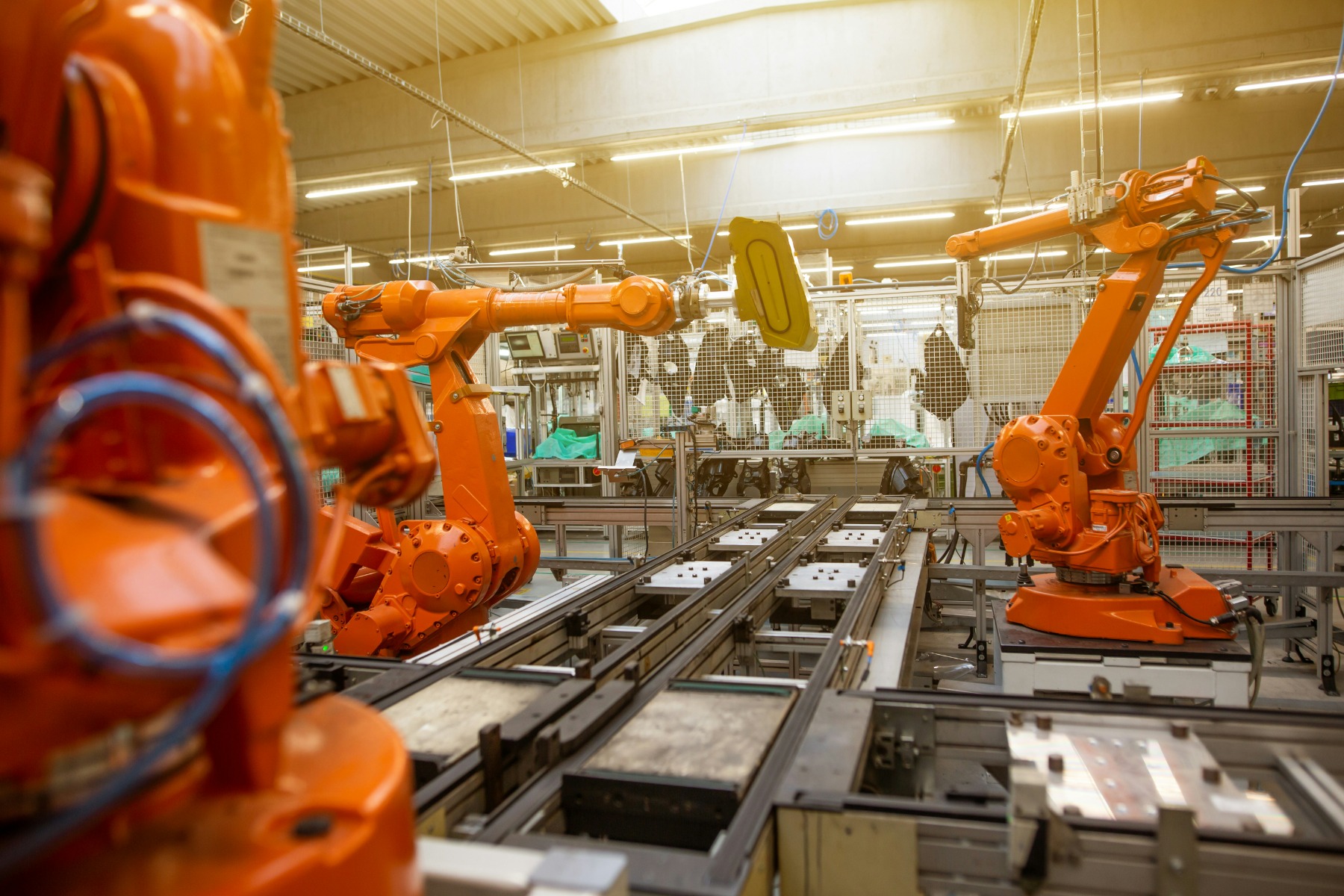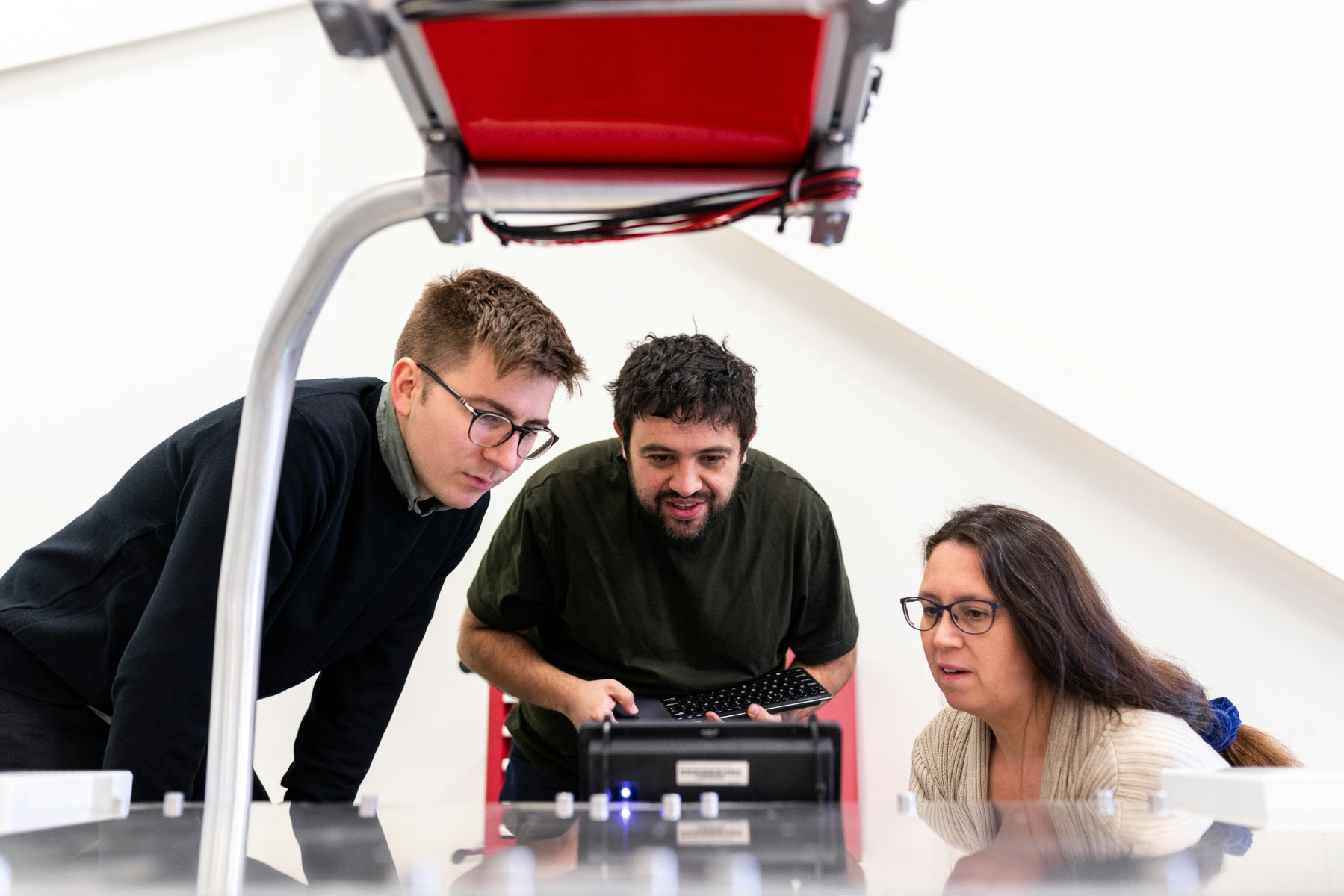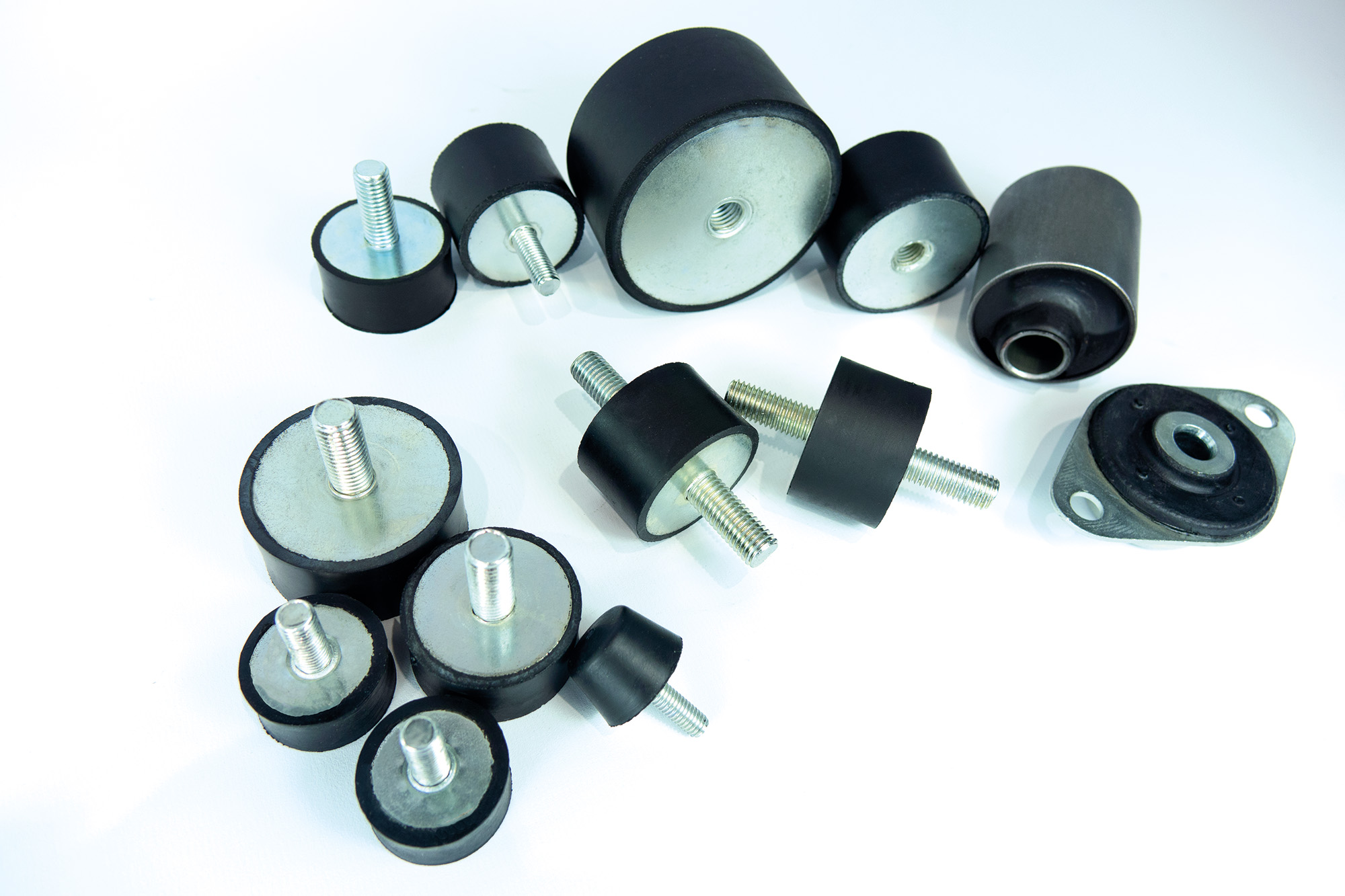We use cookies to make your experience better. To comply with the new e-Privacy directive, we need to ask for your consent to set the cookies. Learn more.
Introduction to Industry 4.0: The Future of Business and Manufacturing

The rapid advancement of technology has created a new era called the Fourth Industrial Revolution, or Industry 4.0. This represents the latest phase of digital growth in all manufacturing including a field we know very well, access hardware manufacturing.
Industry 4.0 refers to the current trend of automation and data exchange in manufacturing technologies, but it builds on the foundations laid by previous industrial revolutions. Here are the different waves:
- First Industrial Revolution (Industry 1.0): This wave introduced steam power and mechanisation in the late 18th century. It marked the transition from manual production methods to machine-based manufacturing.
- Second Industrial Revolution (Industry 2.0): Occurring in the late 19th and early 20th centuries, this wave brought mass production and electrically powered equipment. Innovations like the assembly line significantly increased production efficiency.
- Third Industrial Revolution (Industry 3.0): Starting in the mid-20th century, this wave involved the adoption of computers and automation. It saw the rise of electronics, IT systems, and automated production processes.
- Fourth Industrial Revolution (Industry 4.0): Characterised by the fusion of physical, digital, and biological systems, this current wave involves cyber-physical systems, the Internet of Things (IoT), cloud computing, artificial intelligence (AI), and advanced robotics. Industry 4.0 focuses on smart factories and interconnected production systems that communicate and make decisions in real time.

What is Industry 4.0?
Industry 4.0 is the digital transformation of manufacturing and related industries. It uses advanced technologies to create smart, interconnected systems where machines and processes communicate and work together with minimal human intervention.
Key technologies include:
- Artificial Intelligence (AI)
- Robotics
- Big Data Analytics
- Internet of Things (IoT)
- Cloud Computing
- Advanced Automation
Goals of Industry 4.0
The main goals are to make businesses and manufacturers:
- More Efficient: Streamlining operations to reduce waste and increase productivity.
- More Flexible: Adapting quickly to changes in demand and customising products more easily.
- More Productive: Optimising supply chains and manufacturing processes.
Benefits for Businesses and Manufacturers

Adopting Industry 4.0 principles and technologies offers many benefits. It boosts efficiency and productivity by using real-time data to optimise production and reduce downtime. Industry 4.0 also enhances customisation, allowing businesses to quickly meet customer demands with personalised products, such as custom springs.
Advanced automation makes this customisation more efficient and affordable. Quality control improves with IoT devices and data analytics, enabling real-time monitoring to detect defects early and reduce waste. Supply chain management becomes more efficient through better demand forecasting, inventory management, and logistics, cutting costs and speeding up response times. Lastly, Industry 4.0 fosters innovation, enabling the creation of new products, services, and business models to meet changing customer needs.
Challenges and Considerations

Industry 4.0 brings many benefits, but businesses face several challenges in adopting it. First, they need to invest a lot of money in new equipment, software, and training, so it's important to consider if the investment will pay off.
Second, more connectivity and data sharing increases risks to data security and privacy, making strong cybersecurity crucial. Third, employees need new skills to work with these technologies, so companies must train and upskill their workforce.
Finally, Industry 4.0 depends on collaboration between manufacturers, suppliers, and technology providers, which requires common standards and compatible systems to work well together.
Embracing the Future
As Industry 4.0 transforms business and manufacturing, it's crucial for companies to stay competitive by embracing these changes. Adopting new digital technologies can significantly enhance efficiency, productivity, and innovation. By recognising the benefits, addressing the challenges, and creating a solid plan, businesses can successfully navigate Industry 4.0 and thrive in this new era.
At Metrol Springs, we are committed to building a better future by continuously improving our processes. We have already made significant strides into Industry 4.0 by incorporating new machinery to enhance our operations. However, we will keep striving to improve our services to provide the best possible experience for our customers.











